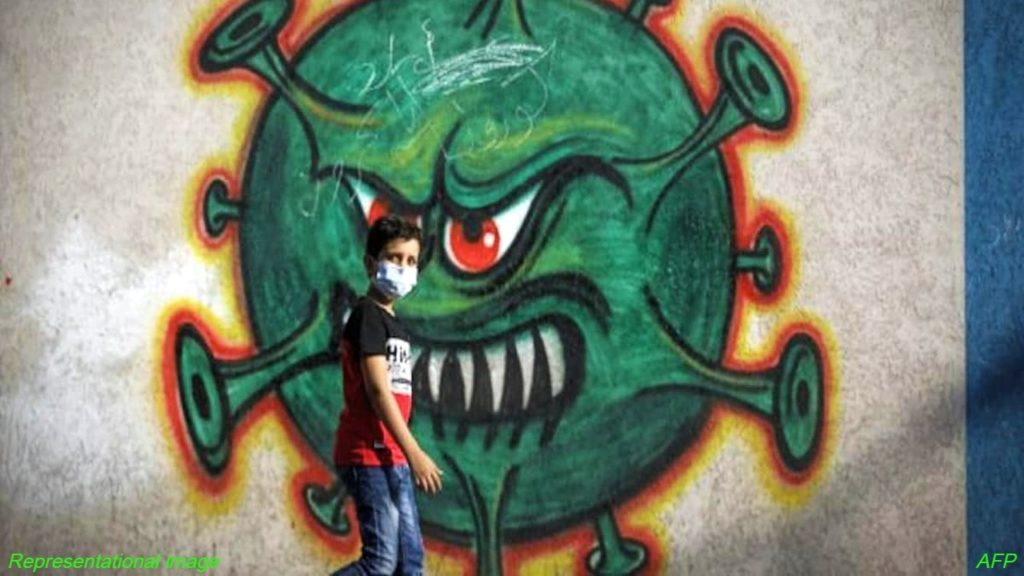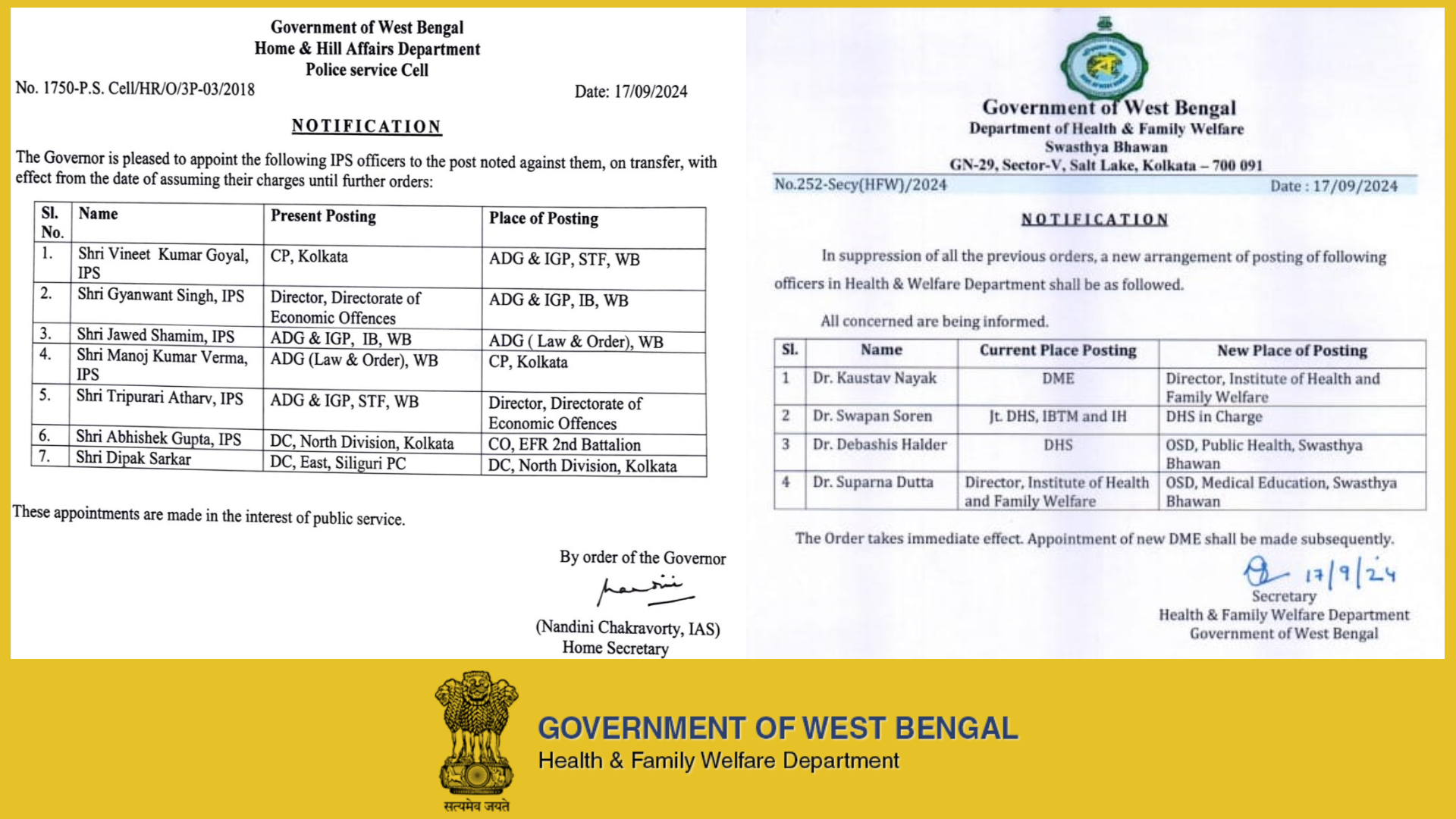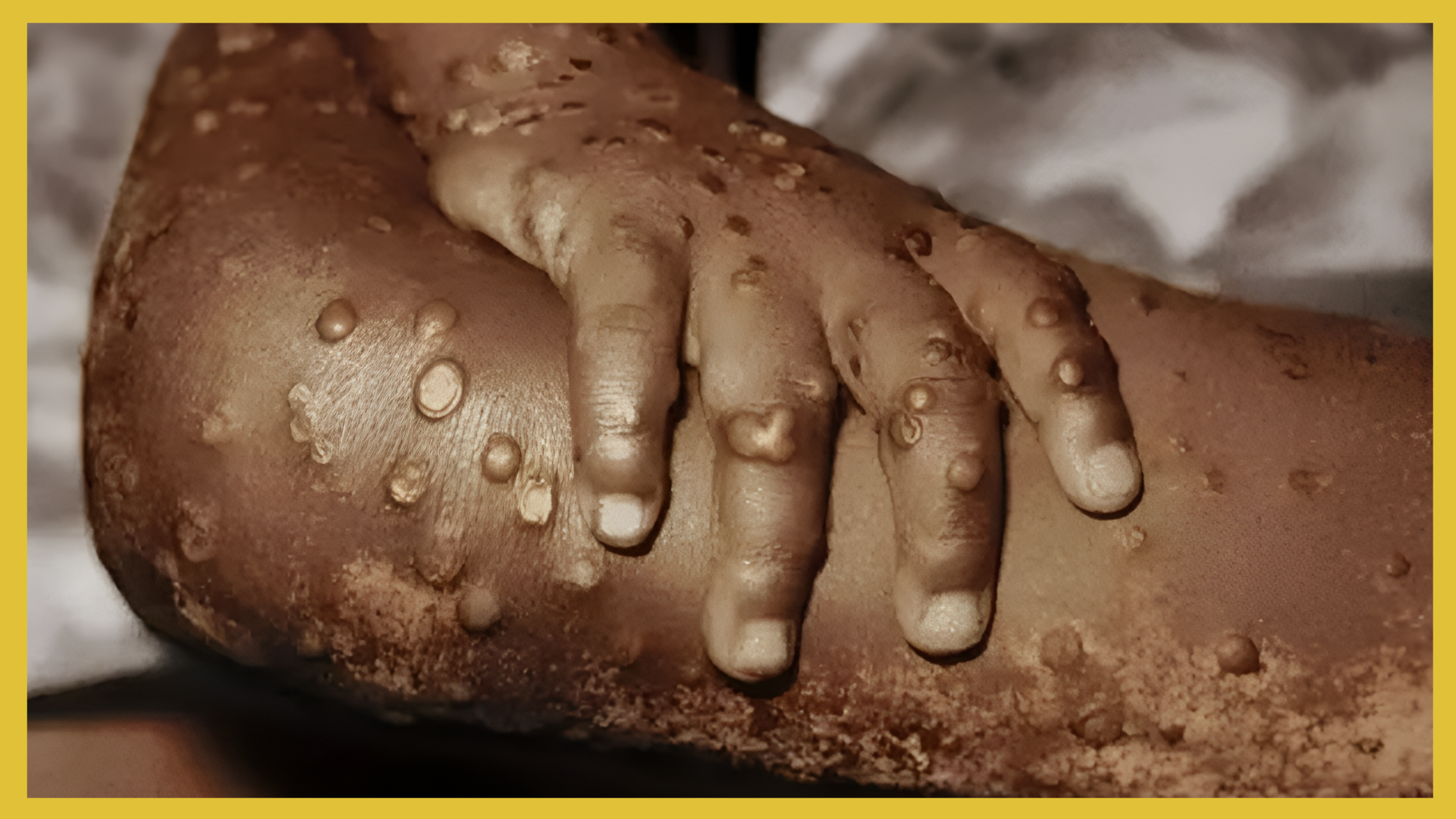Omicron: Latest coronavirus variant could be deadlier, but more testing needed

The latest variant of concern of the novel coronavirus, named Omicron by WHO (after the Greek letter for ‘O’) is causing worries across the world. It is said to be much more dangerous by some scientists but then, others say that much more testing is needed before deciding whether the mutations on the variant make it deadlier than the others. Countries across the world, including India, are revising their air travel guidelines. Meanwhile, top COVID-19 vaccine-makers are already experimenting on how to tweak their existing vaccines.
The latest variant of the novel coronavirus, named Omicron by the World Health Organisation (WHO) in keeping with following the Greek alphabet, has an already stressed world more worried. The variant, first confirmed from a specimen collected on November 9 in South Africa and reported to the WHO on November 24, is believed to be spreading faster than the Delta variant, currently the world’s dominant strain.
However, scientists are saying that more studies are needed to understand if it—technically called B.1.1.529, and categorised as a ‘variant of concern’ (VOC), the fifth variant to be categorised so, by the WHO—is indeed leading to more hospitalisations and fatalities.
Dire predictions
Dubbed as a ‘super strain’ by some healthcare experts, Omicron has more than 30 mutations in the spike protein (which helps the novel coronavirus to enter a human cell), per the first few genome sequencing results, which is more than any other variant and twice as many as Delta.
According to preliminary studies, it is thought to make vaccines 40 per cent less effective due to the mutations on the spike protein, which helps the virus enter a human cell.
According to health experts in the UK, two of these 30 mutations—R203K and G204R—help the virus replicate faster, while three others—H655Y, N679K and P681H—help it to sneak into the body’s cells more easily. The presence of the last two mutations together, a rare occurrence, also indicates that Omicron is more resistant to vaccines.
The experts also said that Omicron is missing a membrane protein (NSP6), seen in earlier iterations of the virus, which could make it more infectious.
Tom Wenseleers, professor of biology and biostatistics at Ku Leuven University, Belgium even said that Omicron could have an R value (measures the capacity to re-infect) six-fold higher than the Delta strain.
However, detailed study needed to determine behaviour
Several scientists have, however, said that more studies are needed before concrete views can be had about the Omicron variant and its behaviour. Scientists at labs of WHO and in several countries are already studying it to examine if it is causing clustering of infections or more severe disease.
Shahid Jameel, one of India’s top virologists, and currently a senior research fellow at Green Templeton College at Oxford University, told Karan Thapar in an interview for The Wire that he does not agree with Wenseleers.
He said the 30 mutations seen on the spike protein (mentioned earlier) are not present in all the samples, and about a hundred more have been tested through genome sequencing.
Dr Samiran Pnada, head of the Epidemiology Department at the Indian Council of Medical Research (ICMR), told News18 that “multiple mutations in the virus may not necessarily make the virus fit and lock into human cells”. Further, ““structural changes due to the heavy mutations may impact the virus negatively by impacting its attachment with the human cells”.
Union Health Ministry revises guidelines as a precaution
The strain has not yet been found in India but as a precaution, the Union Health Ministry on Friday (November 26) called for rigorous screening of passengers coming from at-risk countries, the updated list for which includes the European countries, the UK, South Africa, Brazil, Bangladesh, Botswana, China, Mauritius, New Zealand, Zimbabwe, Singapore, Hong Kong and Israel.
As of now, the strain has been detected in South Africa, Botswana, Hong Kong, Belgium, the United Kingdom, Israel, Czech Republic, Italy, Germany and the Netherlands. All the positive cases in the countries other than South Africa were people who had travelled from South Africa or some other African country.
Sunday’s (November 28) revised guidelines by the ministry (superseding the November 11 order) mandates the submission of 14 days’ travel details and uploading of negative RT-PCR test results on Air Suvidha portal before the journey. The new rules will come into effect from December 1 till further orders.
Travellers from the at-risk will have to get themselves tested at the airport of arrival (self-paid). If tested negative, they will have to follow home quarantine for seven days, re-test on the eighth day, and if negative, self-monitor their health for the next seven days.
Children below five years remain exempt from pre- and post-travel testing, according to the guidelines.
Top vaccine-makers already in testing mode
Most of the world’s top COVID-19 vaccine-makers have said they could be ready with a tweaked version of their existing vaccines to suit the Omicron variant in a few months.
Moderna Inc. Chief Medical Officer Paul Burton said, “If we have to make a brand new vaccine, I think that’s going to be early 2022 before that’s really going to be available in large quantities.” He said he suspects the Omicron variant may elude the current vaccines.
Pfizer and BioNTech said in a statement that they “expect more data from the laboratory tests in two weeks at the latest”, which “will provide more information about whether B.1.1.529 could be an escape variant that may require an adjustment of our vaccine if the variant spreads globally”.
AstraZeneca said in a statement that it is “looking into B.1.1.529 to understand more about it and the impact on the vaccine”, and is conducting research in Botswana and Eswatini (formerly Swaziland) to collect data.
Professor Andrew Pollard, the director of the Oxford Vaccine Group who led the research underpinning AstraZeneca’s coronavirus vaccine, said a new vaccine could be developed against the emerging Omicron variant “very rapidly” if needed.
“We are closely monitoring newly emerging COVID-19 virus strains with variations in the SARS-CoV-2 spike protein and are already testing the effectiveness of our vaccine against the new and rapidly spreading variant first detected in southern Africa,” Johnson & Johnson said in its statement.
Another major vaccine-maker Novavax Inc. said in a statement on Friday that it had started working on a version of its COVID-19 vaccine to target the variant detected in South Africa and would have the shot ready for testing and manufacturing in the next few weeks.







